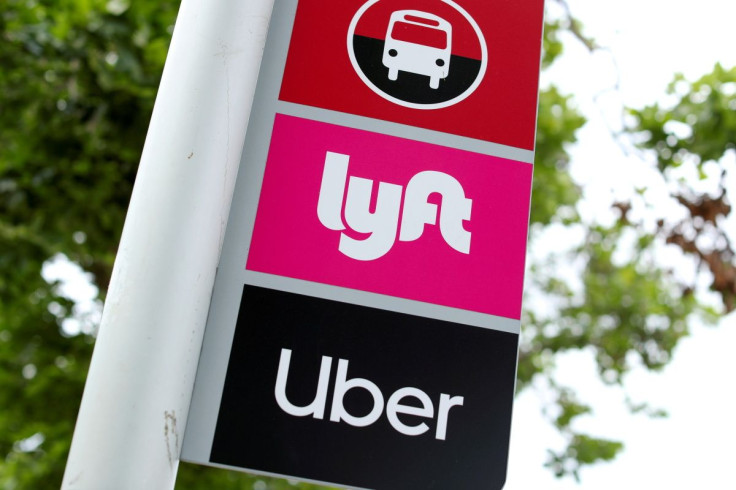Brooklyn Subway Attack Causes Uber, Lyft Price Hike: Users Slam Companies On Twitter
After the Brooklyn subway attack on Tuesday, the prices for rideshare services skyrocketed in the New York area, as high as $68 or more, according to users online. New Yorkers depend heavily on mass transit buses and taxis, as well as rideshare companies Uber and Lyft.
@Uber turn off surges in sunset park. People are scared, let them get out safely pic.twitter.com/e31KIPE3ND
Shannon McDonagh (@shananigans022) April 12, 2022
fare surge after a mass shooting in brooklyn when subways are shut down. shame on you @Uber pic.twitter.com/1qoKlPJhl3
Captain Harvel (@harharbinks) April 12, 2022
Uber and Lyft were called out on social media for the spike in prices, with the apps warning that because of a surge in demand, prices may be higher.
An Uber spokesperson posted on Twitter that anyone who chooses to rideshare with Uber in New York City would be compensated for the price hikes if they report it.
Our hearts go out to the victims of this morning’s terrible shooting in Sunset Park. Uber has capped pricing citywide, and if anyone experienced unintended charges in the area during the emergency, we will work to refund them.
Freddi Goldstein (@FreddiGoldstein) April 12, 2022
Lyft made a post on Twitter hours after the incident occurred saying that it was working to compensate the customers affected.
Thank you for making us aware of the situation on the ground. We've currently suspended prime-time pricing for riders in the area & are working to adjust fares for certain riders who paid prime-time prices when the situation first unfolded.
Lyft (@lyft) April 12, 2022
This is not the first time both companies have been accused of using a crisis for profit.
People calling out Lyft and Uber for surging in the wake of the Sunset Park shooting are right, but to be clear: the call needs to be for Lyft/Uber to still pay surge rates to drivers to ensure there is enough supply of cars, but not pass that cost on to riders today
Aaron Freedman (@freedaaron) April 12, 2022
Listening to a local New Yorker talking to a news reporter saying he doesn't feel safe riding the subway anymore. He doesn't know what to do because it's too expensive to drive or take uber. Heartbreaking to hear people shaken to their core.
Janice Dean (@JaniceDean) April 12, 2022
BREAKING: Uber and Lyft are accused of exploiting the Brooklyn subway mass shooting by implementing surge prices on panicking New Yorkers desperately trying to flee the area. RT TO DEMAND ALL THE MONEY BE DONATED TO THE FAMILIES OF THE VICTIMS!
Occupy Democrats (@OccupyDemocrats) April 12, 2022
Both ride-share companies were accused of hiking prices in January 2020 after a fight at Pike Place Market in Seattle turned into a shooting that killed one and injured seven. Uber later said it would work to refund customers.
In December 2017, Uber and Lyft were also called out after a failed terror attack and explosion in New York — again, prices surged as much as four times the typical amount.
Such tactics have occurred outside the U.S., as well. There was similar price gouging after a terror attack in London in June 2017, when a car plowed into a crowd of people and many were stabbed, as well as a hostage crisis in Sydney in 2014.
In many of these instances, the two companies said that once they realized what was going on they both capped prices in the area affected and promised refunds.

© Copyright IBTimes 2025. All rights reserved.






















